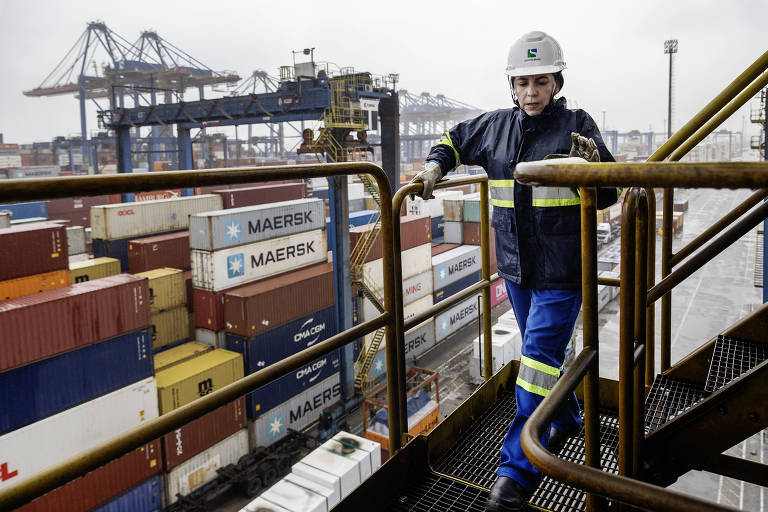Amid fears of a flood of Chinese products, with Brazil as a potential victim of the crossfire from tariffs imposed by U.S. President Donald Trump, Camex (Chamber of Foreign Trade) of Mdic (Ministry of Development, Industry, Trade, and Services) is studying the adoption of emergency commercial protection mechanisms for Brazilian industry.
According to information obtained by Folha, the agency has been studying options since last year, in the context of the surge in imports of industrial products from China, but the "Liberation Day," as Trump's tariff hike was nicknamed, accelerated the process.
The industry's assessment is that only the traditional and lengthy antidumping measures —punishments for when imported products enter the domestic market at prices lower than those practiced in their country of origin— will not be enough to prevent short-term damage if China redirects part of the manufactured goods from the U.S. to Brazil.
In an uncertain scenario of trade war, many sectors have been advocating to the government for the adoption of faster and broader measures, such as import quotas or safeguards, which are temporary actions (lasting one year) applied to all countries, and not only to individual cases.
Read the article in the original language
